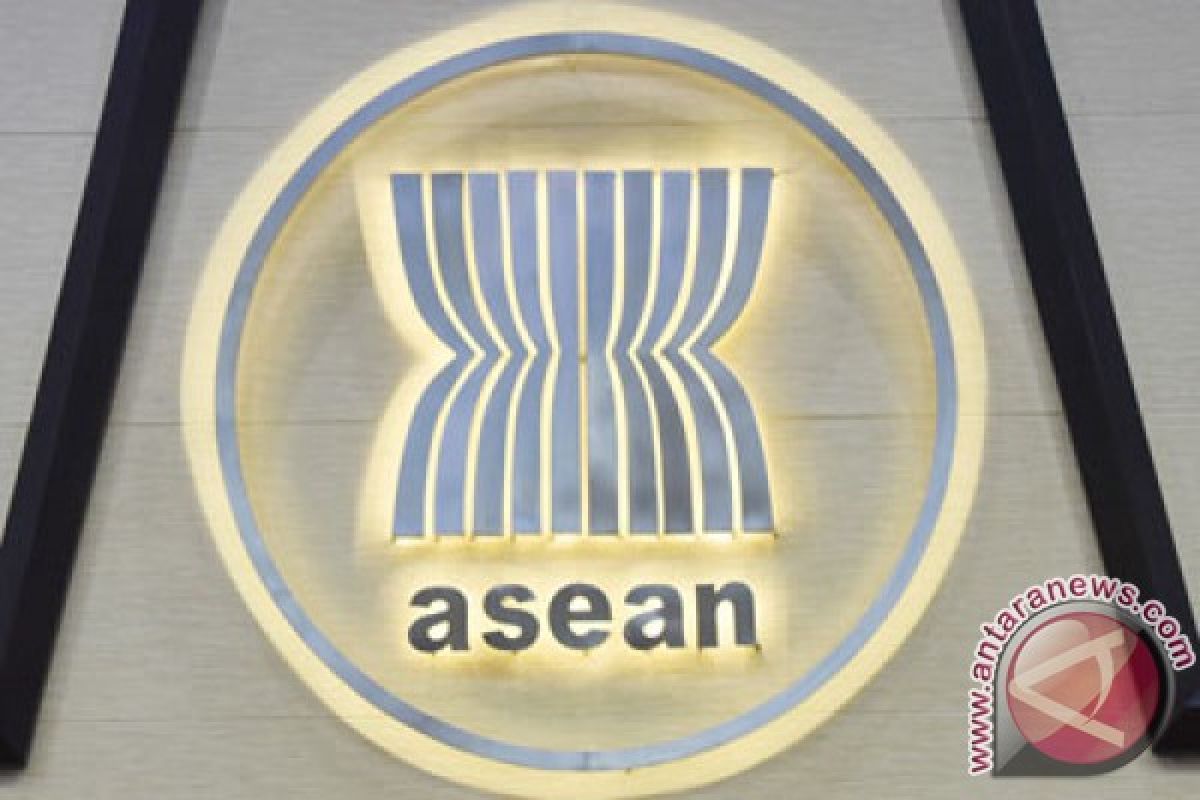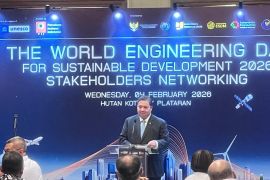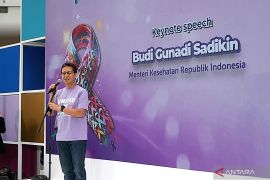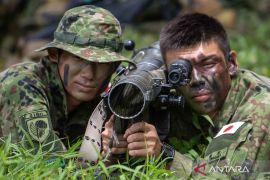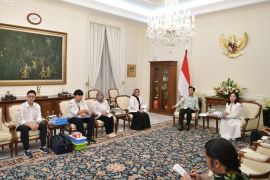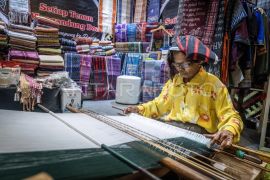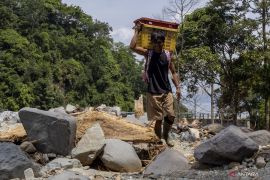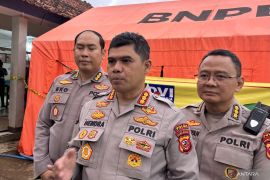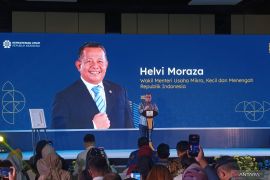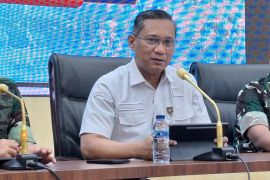Such recommendation was delivered particularly for Singapore who holds the chairmanship for ASEAN this year, during the "ASEAN Outlook" held by the Habibie Center in Jakarta on Thursday.
"I think we should be more agile in responding, not only reacting but also anticipating, what is going to happen in the region and beyond, especially as you see the development everywhere with groups emerge. So what ASEAN should do with that and how can we maintain what we have been achieved so far," Tavares said.
After 50 years, ASEAN is still seen as bureaucratic organization that quite difficult to move forward in addressing issues concerning its member states or the outside world.
Indonesia, that appears as initiator to help addressing terrorism issue in Marawi, the Philippines, and humanitarian issue in Rakhine State, Myanmar, expects other countries in the block to be more responsive and faster to address such issues.
"Many say that Indonesia should lead. It is actually not necessarily. We must support every country that comes up with one good idea. Collective leadership means (that ASEAN) not necessarily should wait (the initiative) from Indonesia," Tavares pointed out.
Adding that a number of issues such as transnational crimes, border issues, major powers rivalries, South China Sea and the Korean peninsula will continue to be part of challenges for ASEAN, he said that the block can no longer be static.
Maintaining its unity and centrality is necessary for ASEAN to address those challenges and to improve good relation, economic development as well as social progress.
(T.Y013/B/KR-BSR/A014)
Reporter: antara
Editor: Heru Purwanto
Copyright © ANTARA 2018
